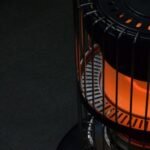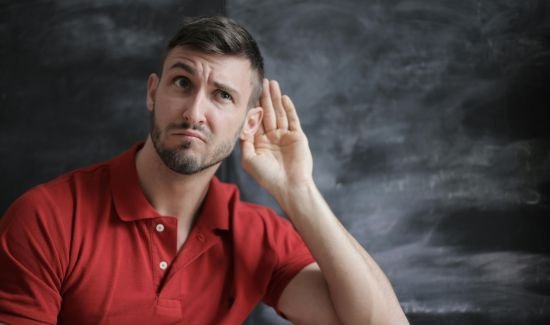
Protecting your hearing is very important in everyday life. Exposure to excessive noise can cause permanent damage, but wearing ear protection, reducing the use of earbuds, and taking breaks can help. Just like you take care of space heater safety in winter, it is also important to take proactive steps to protect your ears.
Table of Contents
1. Monitor Noise Levels
Excessive noise exposure can damage hearing. According to the World Health Organization, exposure to noise above 85 decibels can cause permanent hearing loss. Always monitor the noise levels around you, whether working or engaged in a leisure activity and stay away from loud sounds.
2. Wear Hearing Protection
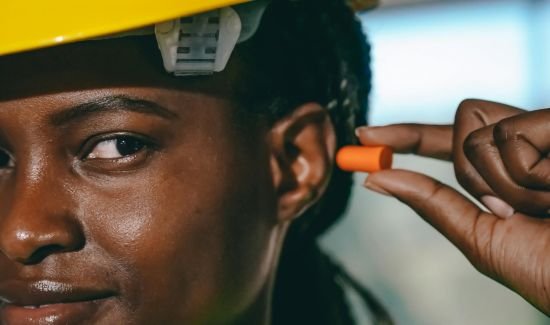
Using the proper hearing protection greatly reduces the risk of hearing damage. OSHA recommends wearing earplugs or earmuffs if the noise is above 85 decibels. Construction, manufacturing, and entertainment workers should always wear the proper protective gear to protect their hearing.
3. Take breaks
It is important to give your ears a break from noisy environments. According to the National Institute of Deafness, a break from noisy areas will reset the ears and reduce damage. In a noisy workplace or concert Be sure to schedule quiet breaks to rest your ears.
4. Reduce the use of earbuds
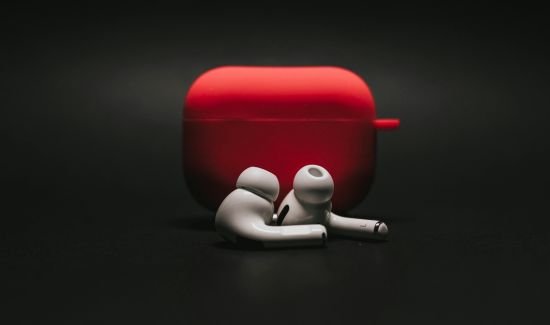
Listening to high volumes of music in headphones can cause permanent hearing loss. From research by the Hearing Health Foundation Hearing damage can occur if you listen to music at a volume greater than 70%. Keep the volume at a safe level and use noise-canceling headphones. So that you don’t have to increase the volume too much.
5. Know the signs of hearing loss
It is important to detect hearing loss early. To prevent further damage, according to the CDC, get your ears checked if you experience any of these symptoms, including ringing in the ears (tinnitus), and trouble hearing in noisy environments. or repeated by others
6. Use apps to track noise

Many apps help you monitor noise exposure. Apps like Decibel X or NIOSH Sound Level Meter check decibel levels in real time, which is very helpful in loud environments. These tools are also very useful for noisy areas like concerts or construction sites.
7. Communicate in noisy environments
Shouting out in the middle of loud noise can strain your voice and may not be beneficial. The American Speech-Language-Hearing Association recommends using hand signals or written notes in noisy environments so you don’t have to shout out and can keep your hearing protected.
8. Keep a distance from loud sounds
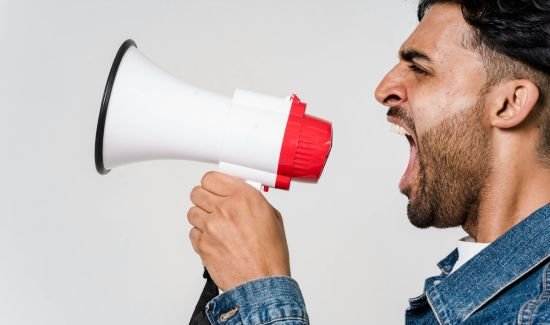
The closer you are to loud sounds, the greater the risk of hearing damage. According to the CDC, keep a distance of at least 500 feet from loud machines such as jet engines or loudspeakers at concerts to avoid hearing damage.
9. Set Volume Limits on Devices
Many devices have volume-limiting settings that can protect your hearing. Set the maximum volume limit on your phone or music player. To keep your hearing at no more than normal volume, WHO warns to keep the maximum level at 60% to keep your ears safe.
10. Schedule Regular Hearing Tests
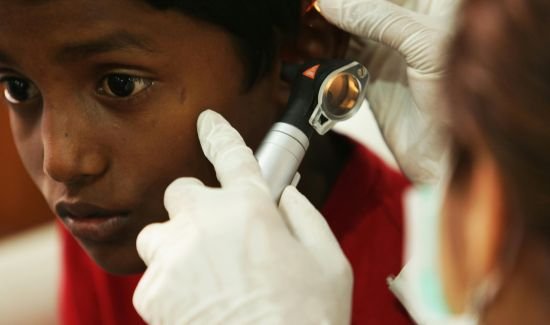
An annual hearing test is a way to detect hearing loss early. According to the Hearing Loss Association of America, regular hearing exams help detect hearing loss early. If you work in a noisy environment, be sure to have a hearing test.
11. Control background noise
Reducing the background noise around you will help you hear better and you will not need loud volume. The American Academy of Audiology recommends soundproofing rooms or using white noise machines, especially in workplaces where focus is important.
12. Learn about Noise-Induced Hearing Loss
The more you understand the effects of noise and hearing, the better you will be able to protect your laws. According to the Hearing Health Foundation, 15% of Americans ages 20-69 have some degree of noise-induced hearing loss. Understand the causes and effects of hearing loss and take proactive steps to protect your laws.

